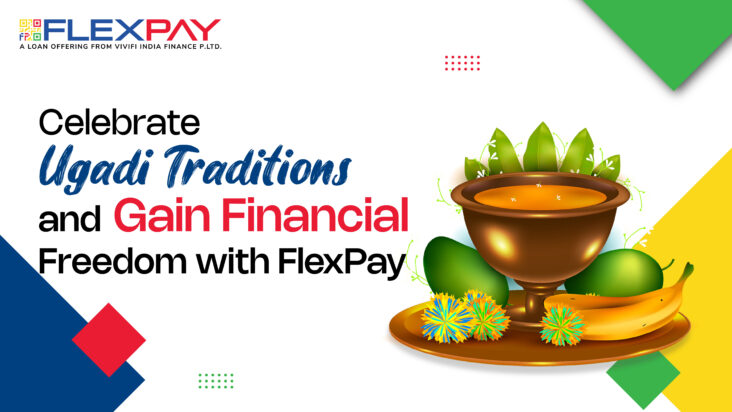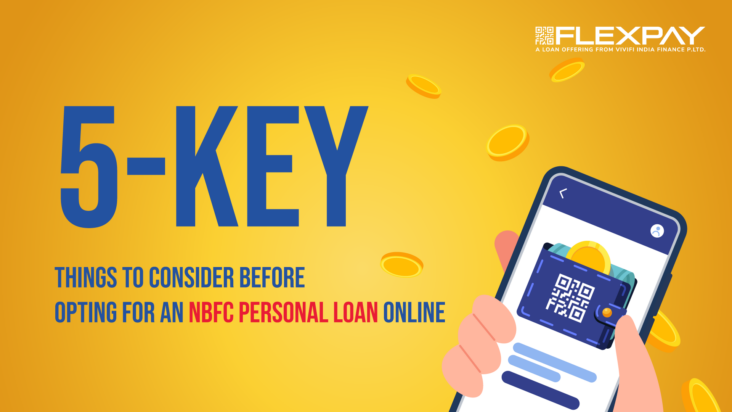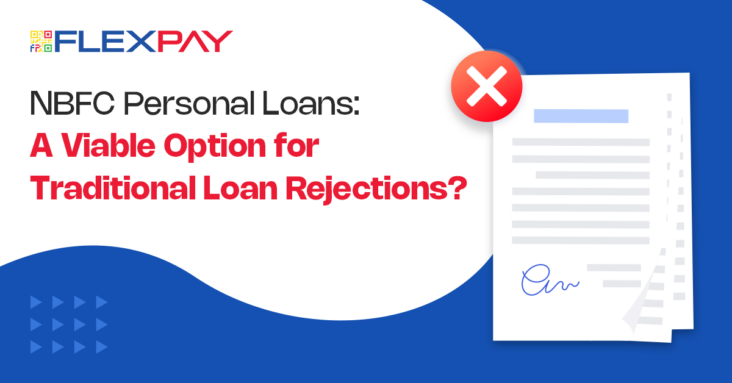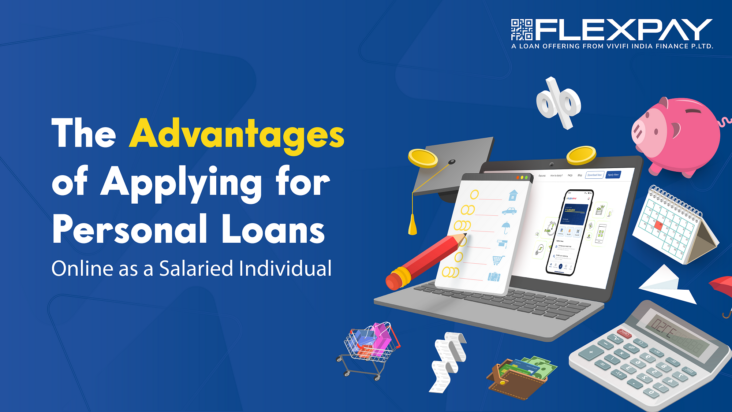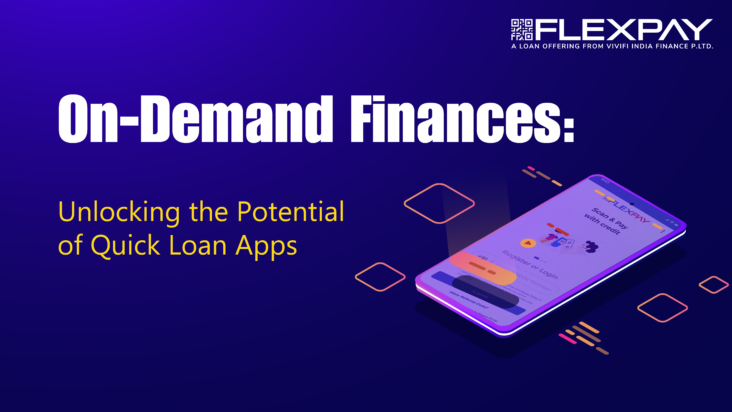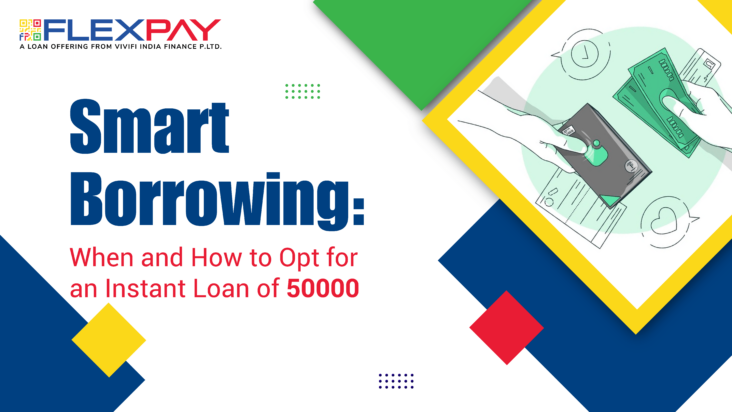The Line of Credit that Bends to Your Needs: FlexPay
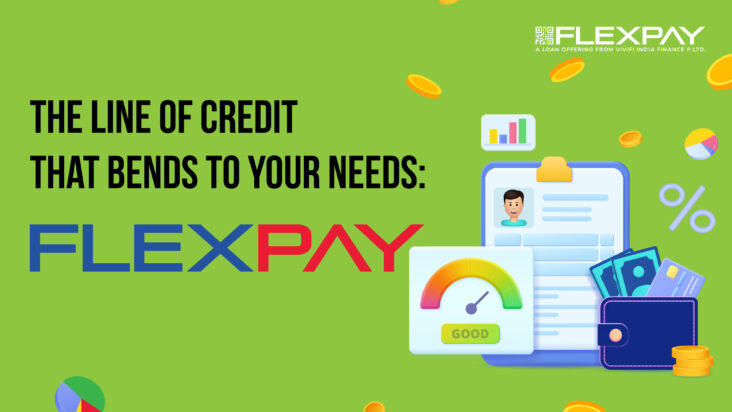
Sometimes, unexpected needs arise and a traditional loan isn’t the answer. A line of credit provides a convenient solution. It offers flexible financing tailored to your requirements. Where traditional loans come with fixed amounts and repayment schedules, a credit line adjusts to changing financial needs. For unexpected expenses, investment opportunities, or ongoing projects, this provides access to […]
Read More →
